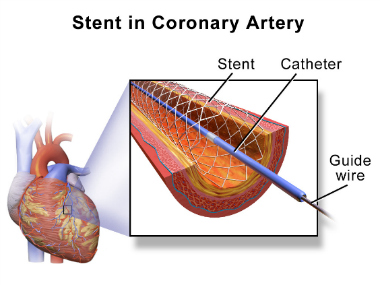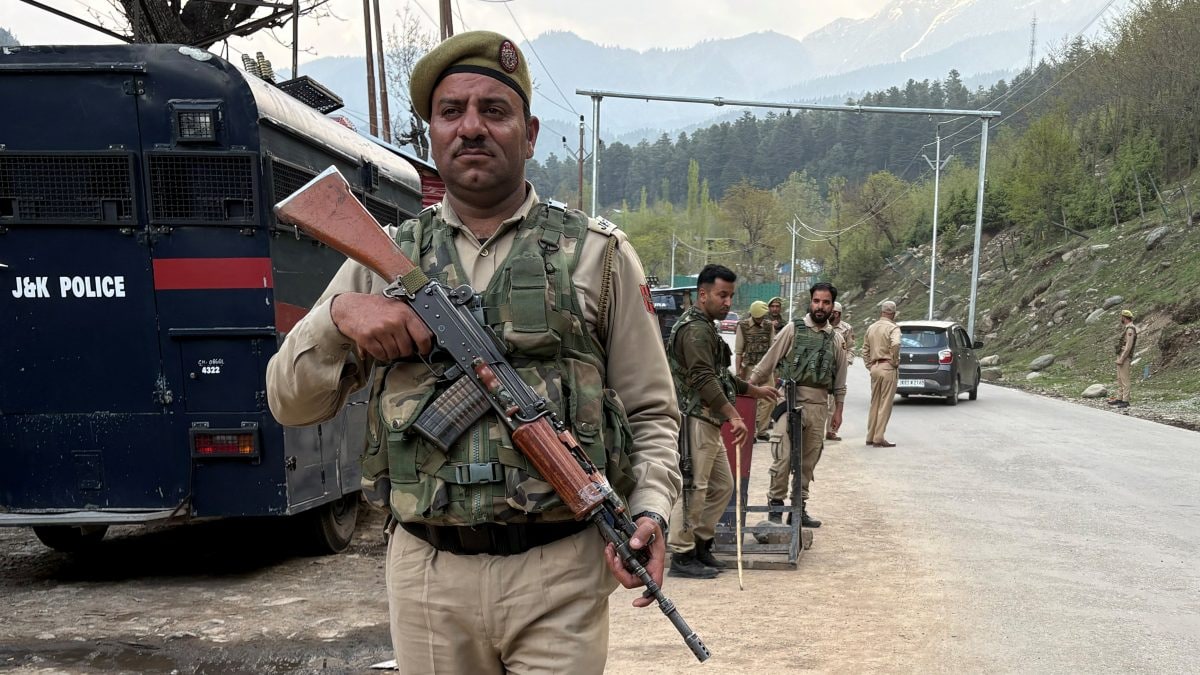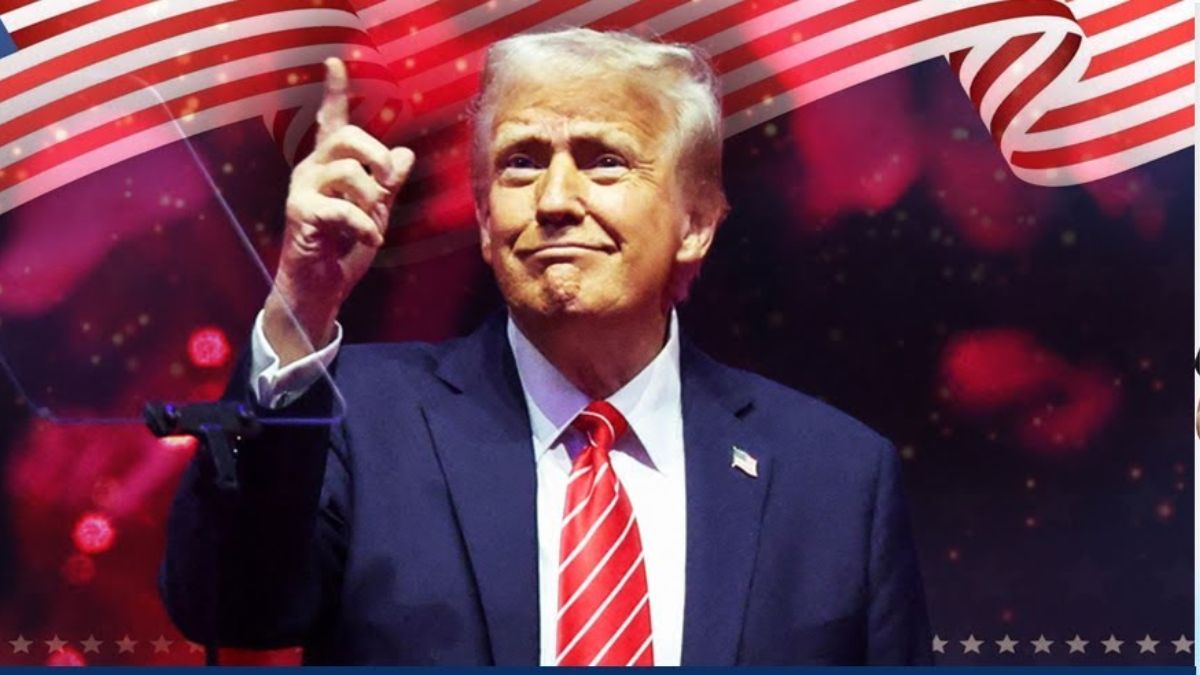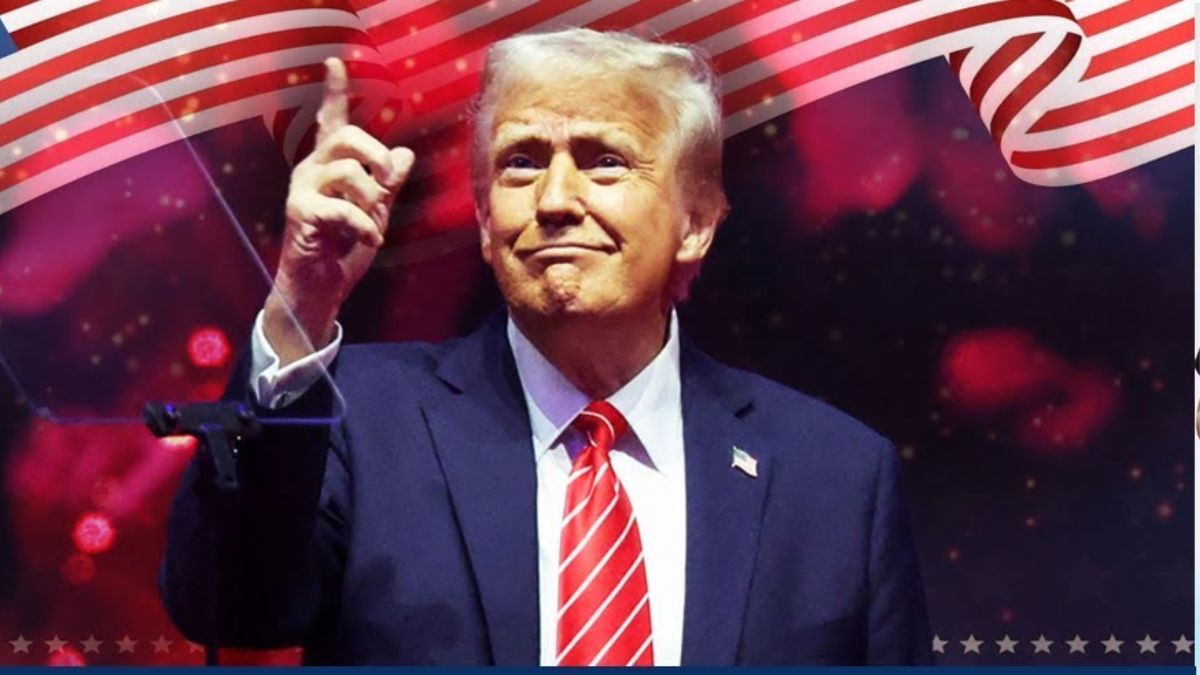Over the last few months, the National Pharmaceutical Pricing Authority (NPPA) has been in a tussle with manufacturers of cardiac stents. The issue of contention has been the high prices charged by manufacturers (or retailers) for these stents, making them unaffordable for a majority of patients in the country. According to the report of a committee examining issues relating to the essentiality of coronary stents, 41.38 percent of the total expenditure on Percutaneous Coronary Interventions (PCI) is paid for by patients out of their own pockets.
Therefore, it becomes essential to take steps to ensure that these devices are accessible and affordable. The method that the government has chosen to adopt for this purpose is to cap the prices of these devices.
Attempts by cardiac stent manufacturers Abbott and Medtronic to remove their ‘high end’ stents from the market have been thwarted by the government by making use of mechanisms provided for under the Drug Pricing Control Order, 2013 (DPCO, 2013).
However, a reading of the orders suggests that the manner in which these powers have been exercised may be legally suspect. It is important that the government addresses this issue if it wants to ensure that the benefits of these measures accrue to the patients as intended.
The story so far
Price caps on cardiac stents were first placed following an order of the Supreme Court in Birender Sangwan versus Union of India, directing the government to examine the feasibility of including cardiac stents under the National List of Essential Medicines (NLEM), A two-member committee appointed by the government agreed, and further recommended that the prices be set by the pricing authority NPPA. The NPPA, after assessing production costs and price margins, fixed the cost of cardiac stents at Rs 7260 for Bare Metal Stents and Rs 29,600 for Drug Eluting Stents.
Impact Shorts
More ShortsFearing that some stent manufacturers would cease the production of stents, it also invoked paragraph three of the DPCO, 2013, directing companies to maintain an uninterrupted supply of all its coronary stents for six months from the date of the order. In cases of emergency, urgency or non-commercial use in public interest, paragraph 3 allows the government to direct manufacturers to increase or continue the production of a notified medical device and to sell these to institutions, hospitals or any agency.
In response, cardiac stent manufacturers Abbott, Medtronic and Boston Scientific Corporation filed requests under paragraph 21(2) of the DPCO, 2013, to allow them to withdraw certain categories of their stents from the market. On 26th April, the NPPA issued office memorandums rejecting the requests by Abbott and Medtronic on two grounds.
First, it stated that the application was not made in the format prescribed in the DPCO, 2013. Second, it stated that once an order has been made under paragraph 3 to continue the production of a device, companies cannot approach the NPPA under paragraph 21(2) requesting to withdraw their stents from the market. While the intention behind these orders may be laudable, the reasons provided may not be legally sound.
On the first ground, a simple procedural irregularity arising out of an omitted signature cannot be grounds to pass an adverse order. The companies must be allowed to rectify the errors and make a fresh application. On the second ground, more importantly, the NPPA claims that paragraph three overrides paragraph 21(2). However, such an interpretation is not borne out by a reading of the DPCO, 2013 itself. As the DPCO is structured, paragraph 3 and paragraph 21(2) operate independent of each other. There is nothing to suggest that once an order has been made to continue the production of stents, companies are excluded from making an application to withdraw these stents from the market.
Given the high stakes (and amount of money) involved, it seems unlikely that the stent manufacturers will let this remain unchallenged. At the very least, we may see these issues being litigated and these orders may be challenged in court.
What the government can do
If these stent manufacturers do go to court, there is a chance that the judges do not agree with the interpretation in these orders and they are struck down. However, there is a way in which the government can ensure that the companies do not stop manufacturing these stents, while also staying in the bounds of the law. To do this, it should consider making use of a mechanism provided for under paragraph 21(2) itself, which states that once a request for withdrawal of stents from the market has been received, the Government may, in public interest, direct them to continue with the required level of production for a period of one year.
However, the provision does not specify a limit on the number of times such an order may be renewed. Therefore, theoretically, the government could keep this order in place for as long as necessary and justified in the public interest.
The Supreme Court has on numerous occasions upheld price control as a valid means to ensure access to drugs and has directed the government to ensure that essential drugs do not fall out of price control. While the economic merit of these measures may be debated, it would be difficult to argue that any of them have been illegal.
Since they may prove to be unpopular, it is necessary that the government only takes measures that are consistent with the DPCO.
It is now up to the government to determine whether they have been effective in improving the health of patients, and to ensure that continued access to medical devices that may save their lives.


)

)
)
)
)
)
)
)
)



